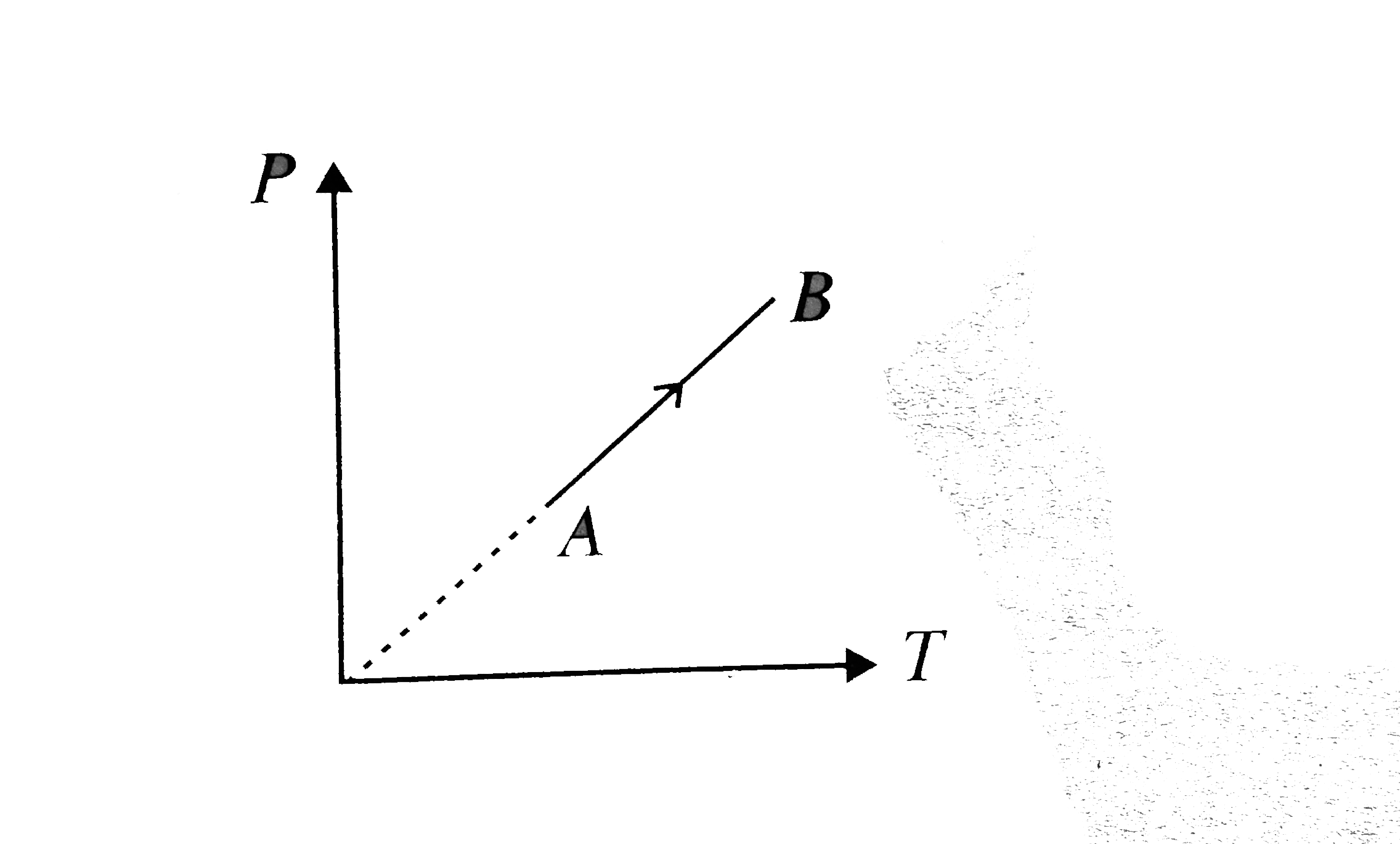During the isothermal of an ideal gas :
The internal energy remains unaffected
The temperature remains constant
The enthalpy remains unaffected
The enthalpy increases
The correct Answer is:A, B, C
Step by step video & image solution for During the isothermal of an ideal gas : by Chemistry experts to help you in doubts & scoring excellent marks in Class 12 exams.
Topper's Solved these Questions
- BOOK - RESONANCE ENGLISHCHAPTER - THERMODYNAMICSEXERCISE - Exercise-2 part -IV : Comprehension11videos
THERMODYNAMICS
- BOOK - RESONANCE ENGLISHCHAPTER - THERMODYNAMICSEXERCISE - Exercise-3 Part-1: JEE (ADVANCED)11videos
THERMODYNAMICS
- BOOK - RESONANCE ENGLISHCHAPTER - THERMODYNAMICSEXERCISE - Exercise-2 II: Single and double value integer type16videos
THERMODYNAMICS
- BOOK - RESONANCE ENGLISHCHAPTER - TEST SERIESEXERCISE - CHEMISTRY50videos
TEST SERIES
Similar Questions
Knowledge Check
- Question 1 - Select One
During the isothermal expansion of an ideal gas, its
internal energy increases
enthalpy decreases
enthalpy remains unaffected
enthalpy reduces to zero.Ainternal energy increasesBenthalpy decreasesCenthalpy remains unaffectedDenthalpy reduces to zero.
STATEMENT-1 : The Heat absorbed during the isothermal expansion of an ideal gas against vacuum is zero.
STATEMENT-2 : The volume occupied by the molecules of an ideal gas is zero.View SolutionIn the isothermal expansion of an ideal gas
View SolutionIn an isothermal process for an ideal gas
View SolutionIn reversible isothermal expansion of an ideal gas :
View SolutionThe dependence of Gibbs free energy on pressure for an isothermal process of an ideal gas is given by
View SolutionWhich of the following graph does not belong to isothermal process for an ideal gas?
View SolutionAssertion:− During isothermal expansion of ideal gas, temp,
remain constant.
Reason:− In adiabatic process temp. remain const.View Solution

